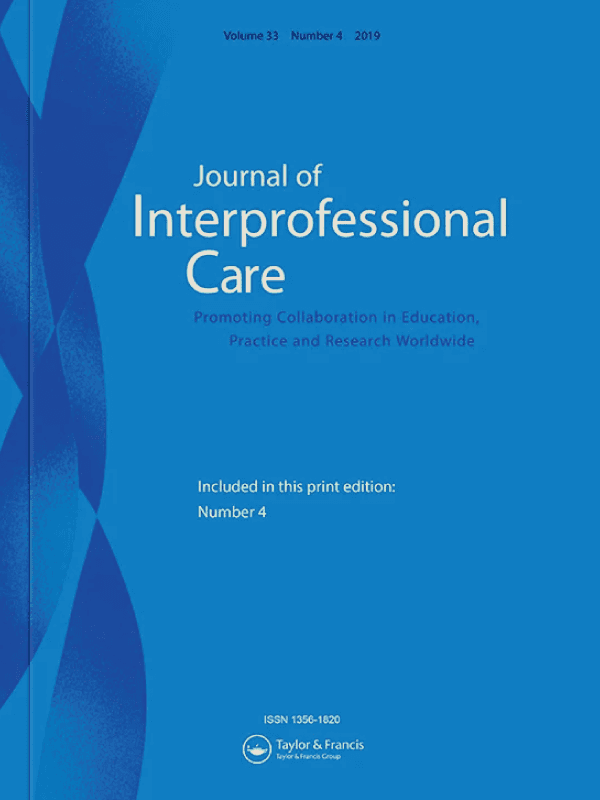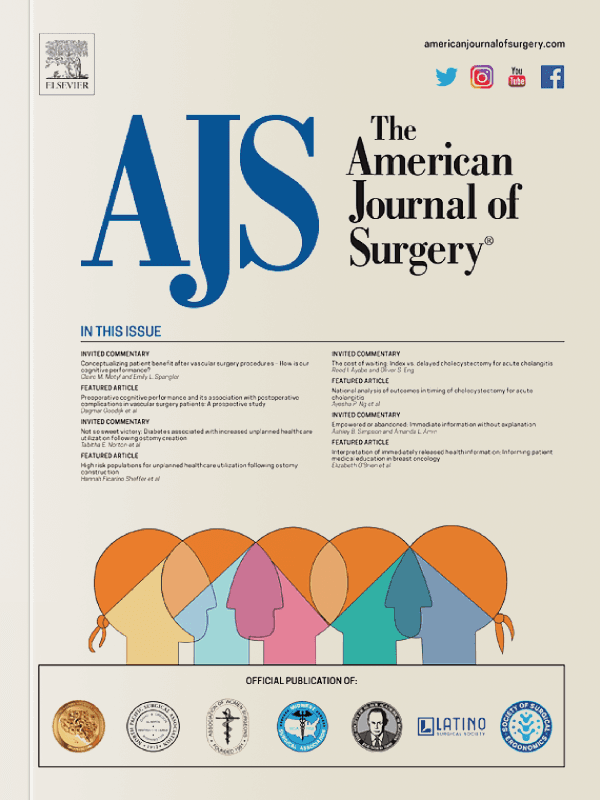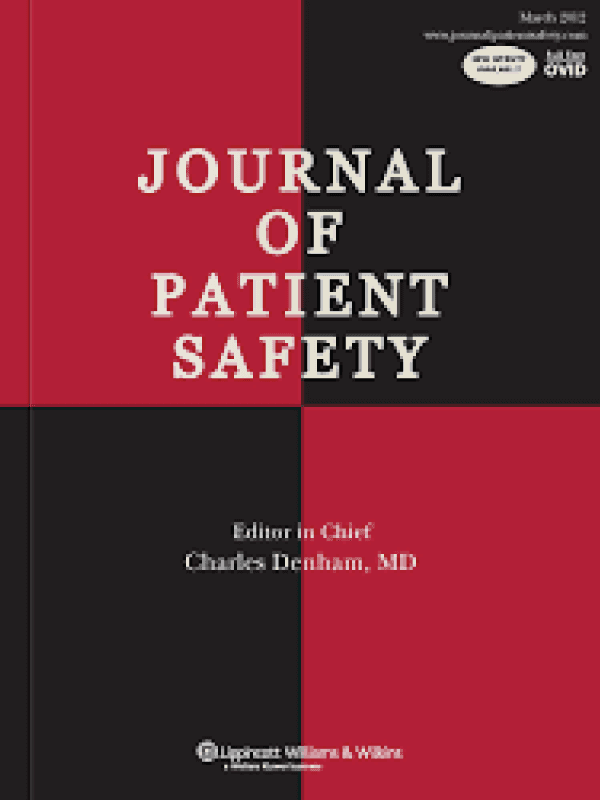PATIENT SAFETY
The OR Black Box: Understanding Adherence to Surgical Checklists
Published on
Sep 19, 2022
Annals of Surgery
Amr I Al Abbas, Ganesh Sankaranarayanan, Patricio M Polanco, Jeffrey A Cadeddu, William Daniel , Vanessa Palter, Teodor Grantcharov, Sonja Bartolome, Priya Dandekar, Kim Evans, Herbert J Zeh 3rd
Overview
This study presents the first use of the OR Black Box®, an AI-driven data analytics platform, to monitor surgical checklist compliance, engagement, and quality without disrupting workflow. The research, conducted at a quaternary referral center, analyzed 3,879 elective surgery cases between August 15, 2020, and February 20, 2022. Overall scores for compliance, engagement, and quality were 81%, 84%, and 67% respectively. The time-out phase showed high compliance (100%) and engagement (98%), but lower quality (61%). After a hospital policy change, debrief phase scores improved significantly in all three areas.
The OR Black Box provides a unique ability to assess not only compliance with surgical safety checklists but also engagement and quality in near real-time. This approach offers advantages over traditional monitoring methods, which often rely on short-term, in-person assessments or no assessment at all. The study concludes that the OR Black Box enables more accurate identification and addressing of safety threats arising from noncompliance, potentially leading to improved surgical outcomes.
Results
The overall scores for compliance, engagement, and quality were 81%, 84%, and 67% respectively. When broken down by phase, the scores for time-out were compliance 100%, engagement 98%, and quality 61%. Scores for the debrief phase were 81% for compliance, 98% for engagement, and 66% for quality. After a hospital policy change, the debrief scores improved significantly (85%; P <0.001 for compliance, 88%; P <0.001 for engagement and 71%; P <0.001 for quality).
Peer-reviewed Research





